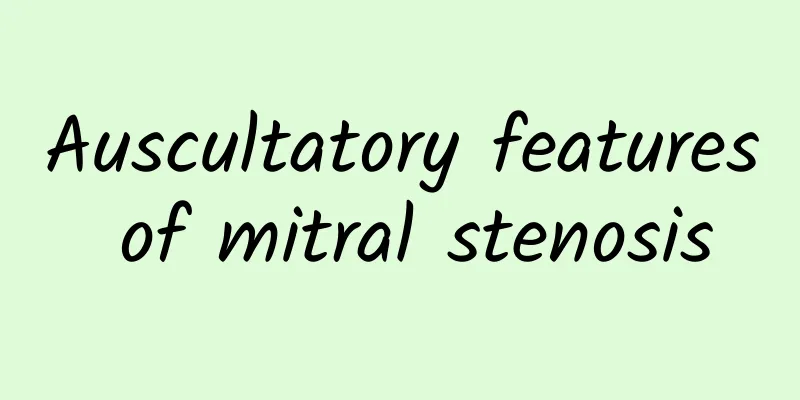What are the symptoms of schistosomiasis?

|
Schistosomiasis is not something that can be talked about lightly. This disease has a certain incubation period. Patients usually show adverse symptoms such as diarrhea, abdominal pain, mucus and blood in the stool, or may also have problems such as swollen lymph nodes, cough, and asthma. 1. Chronic schistosomiasis : cercarial dermatitis may occur 1 to 2 days after contact with infected water. Generally there are no obvious symptoms, and a few have mild hepatosplenomegaly. If the infection is severe, diarrhea, abdominal pain, mucus and blood in the stool may occur. The patients have varying degrees of weight loss and fatigue. 2. Acute schistosomiasis: The average incubation period is 40 days, and most cases are between 3 weeks and 2 months. More than half of the patients with acute schistosomiasis have abdominal pain and diarrhea, and 10% have bloody stools. The diarrhea is not frequent, or it lasts for a long time, or it occurs intermittently, lasting from a few days to several months. Diarrhea usually occurs within 2 months after contact with infected water. The stool is loose and watery; there is also dysentery-like diarrhea, accompanied by tenesmus, blood and mucus in the stool. In addition, there are lung symptoms such as fever, urticaria, angioedema, enlarged liver, spleen and lymph nodes, cough, asthma and chest pain. 3. Late-stage schistosomiasis : According to clinical symptoms, it can be divided into four types, namely, splenomegaly type, ascites type, colon proliferative type and dwarfism type. 4. Supportive and symptomatic treatment For patients with persistent high fever in the acute phase, cortical hormones or antipyretics can be used first to relieve poisoning symptoms and reduce fever. For chronic and late-stage patients, nutrition should be strengthened by giving them a high-protein diet and multiple vitamins, and attention should be paid to the treatment of anemia. When there is portal hypertension in cirrhosis, liver treatment should be strengthened, as well as surgical treatment. People with other intestinal parasitic diseases should receive deworming treatment. 5. Pathogen treatment (1) Praziquantel is currently the drug of choice for the treatment of schistosomiasis. It has the advantages of high efficiency, low toxicity, mild side effects, oral administration, and short treatment course. It has a killing effect on larvae, juveniles and adults. The cure rate of clinical treatment for acute schistosomiasis is very high. The side effects are few and mild, and may include dizziness, fatigue, sweating, mild abdominal pain, etc. (2) Artemether and artesunate can also be used to treat schistosomiasis. |
<<: What is the difference between gingivitis and periodontitis?
Recommend
X-ray manifestations of bone hyperplasia
In fact, bone hyperplasia is an arthritis disease...
Cold and cough are afraid of this bowl of water
In traditional Chinese medicine, this is a sign t...
Should I fill my broken deciduous teeth?
Before a child's teeth change, they are decid...
What should I do if I have a cervical cyst? What to eat is better?
Modern women are becoming more and more outstandi...
What causes teeth grinding while sleeping?
Bruxism refers to the habit of grinding teeth dur...
What is urine pollution?
There are many common problems in life, and good ...
Composition of Danggui Liuhuang Decoction
Danggui Liuhuang Decoction is a very common Chine...
Understand the health code of complexion and achieve better health effects
We all know that a person's complexion may re...
Symptoms of stomach cold, do you have stomach cold?
Many people have experienced stomach pain, nausea...
What are the dangers of staying up late?
Many women usually love beauty and like to stay u...
What is Cynomorium songaricum
There are many common things in life. When choosi...
The difference between rhinitis and sinusitis, 2 common differences
Rhinitis and sinusitis are both common diseases, ...
Symptoms of lingual neuritis
Many people do not know much about lingual neurit...
Causes and clinical manifestations of Hashimoto's encephalopathy
Hashimoto's encephalopathy, also known as thy...
How long after taking ceftriaxone can I breastfeed?
The physical health of women during breastfeeding...









